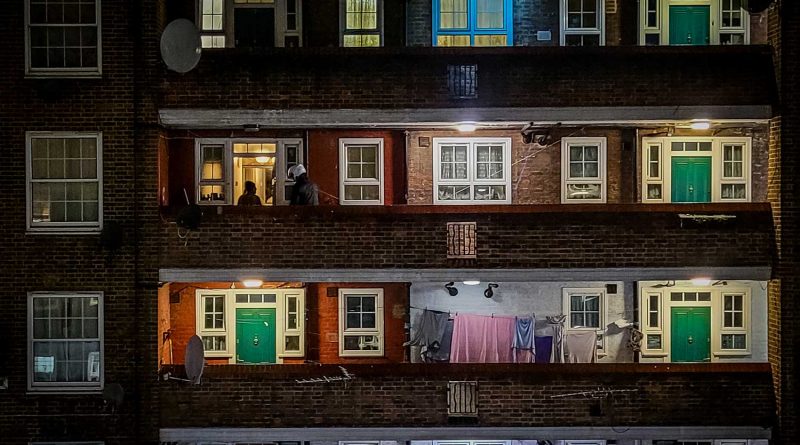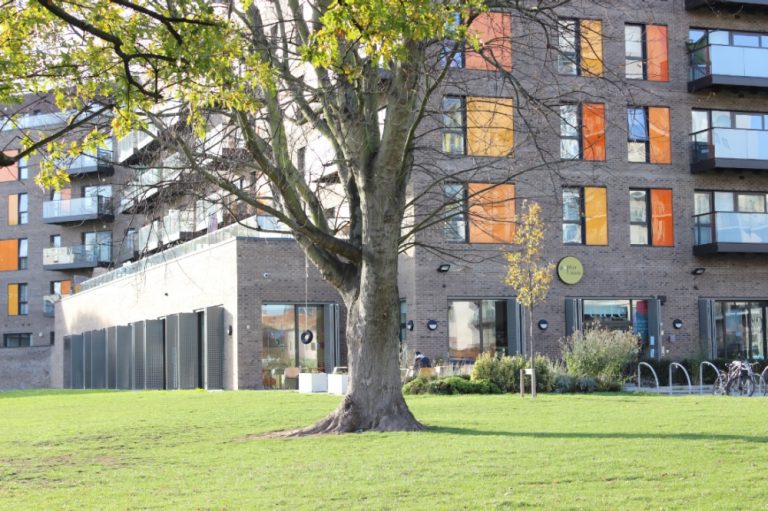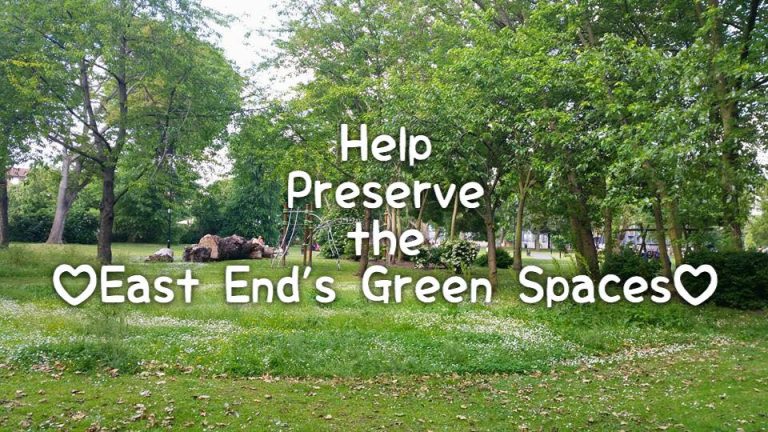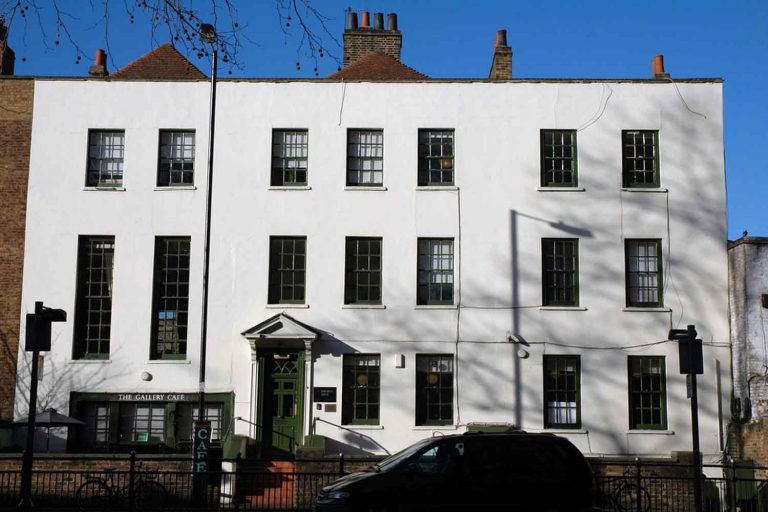Sustainable living in Tower Hamlets for the many, not the few
How our borough is becoming a model for grassroots environmental change, with organisations and charities proving the cost-of-living crisis and the climate emergency can be fought side-by-side.
When Londoners think of Tower Hamlets they might think of Victoria Park or Brick Lane. Or perhaps our Cockney heritage and diverse immigrant population jump to mind.
But our borough is also known for its economic inequality, where the deprivation of many neighbourhoods is thrown into sharp relief by Canary Wharf’s glittering skyline.
While the Council’s anti-austerity budget aims to tackle such extreme wealth inequalities, the climate emergency does not need to be viewed along these dividing lines.
With Tower Hamlets vowing to be a net zero Council by 2025 and a net zero borough by 2050, grassroots organisations are finding ways to tackle the seemingly opposing needs created by the cost-of-living crisis and the climate emergency, recasting sustainability as an achievable goal for all of us.
Noisy arguments over Liveable Streets schemes have dominated discussions of the climate emergency in Tower Hamlets, but the perceived divide between gentrifying cyclists and working-class car drivers ignores the burgeoning group of delivery cyclists whose existence flies in the face of these divisions.
Zipping down Whitechapel Road’s cycle superhighway in their bright orange, green and turquoise uniforms, these gig economy workers are beneficiaries of Low Traffic Neighbourhoods (LTNs) that have emerged across the borough. This growing sector of delivery cyclists cuts across class fault lines and symbolises the potential for compromise and cooperation.
It is during these times of division and plight when solutions are born out of our East End resourcefulness, led by those at the grassroots finding creative solutions to tackle the cost-of-living and climate crises side-by-side.
With over half of Tower Hamlets children experiencing food insecurity, an evolving group of activists, organisers, gardeners and cooks have formed the Blueprint Architects, finding alternative systems of food production and fighting for greater community access to land, which is hard to come by in our inner city residential areas.
Among these green-fingered pioneers is the Women’s Environmental Network (WEN), offering growing and cooking workshops in the Hub community garden in Poplar, and championing the key role that women can play in achieving equitable access to environmentally friendly food.
Contrary to the menu prices at some vegan cafes, Queen Mary’s Zero Waste shop in Mile End shows that a plant-based diet can be the cheapest way to feed your family. London’s largest zero-waste shop, it provides a tangible way to reduce your plastic consumption while putting the fun back into shopping with its ‘pic n’ mix’ style supermarket experience.
Drawing on our area’s rag trade past, eastern Tower Hamlets is fast becoming the country’s leading light in sustainable fashion. Innovative fashion hubs such as Poplar Works’ and The Trampery Fish Island are incubating the UK’s future fashion designers committed to healing our beleaguered planet. One day we’re sure to see them exhibited at the new fashion-focused V&A East, opening in 2025 at Queen Elizabeth Olympic Park.
Though Mile End’s luxury sustainable fashion brand Mother of Pearl is unaffordable to most, its environmentally conscious vision and ethical supply chain are inspiring others to buy second-hand and waste less. Taking up shop under railway arches and in disused warehouses, Tower Hamlets is teeming with thrift stores like Mad Vintage in Mile End where you can fill a whole bag for just £10, showing that sustainable fashion doesn’t have to come with a high price tag.
Silo, the world’s first zero-waste restaurant in Hackney Wick, has also had a trickle-down effect as more East End restaurants are catering to the demands of environmentally-conscious consumers. Cambridge Heath’s Flat Earth Pizzas sources local produce as part of its transparent supply chain, serving up creative meat-free pizzas and leading foraging walks to remind us that sustainability can also be fun.
So while our everyday choices can sometimes feel insignificant in the face of the global climate emergency, the grassroots initiatives celebrated in the upcoming Earth issue of The Slice magazine show the influence we have as a collective, which must cater for the many, not the few.
If you liked this piece, find our article about Amy Powney, Mile End’s sustainable luxury fashion designer.








